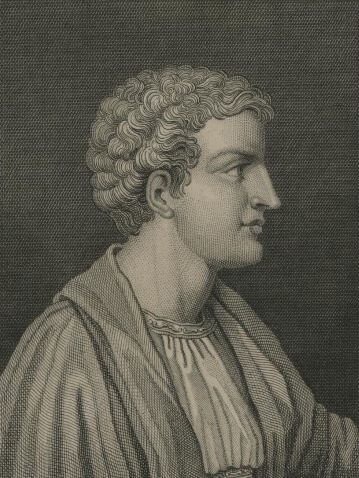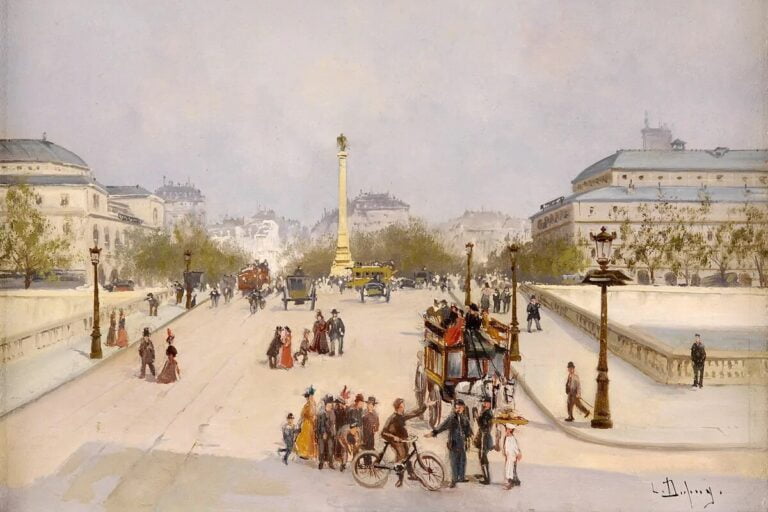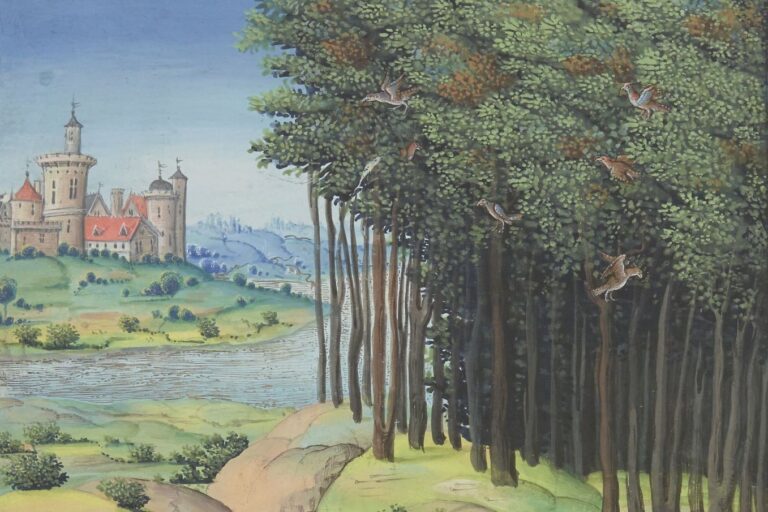Since I suffered a severe fever last week, I had all the time to do whatever I wanted – that is, when I was not confined to bed. And with little better to do, I decided to watch Peter Weir’s Dead Poets Society, a coming-of-age film starring Robin Williams as Mr. Keating, an inspiring English teacher at an elite boarding school. While I have seen better films in recent times – like Terence Malick’s stunning The New World –, it did remind me of the aphorism Carpe diem by Horace, for Mr. Keating uses it at the start of the film to encourage his students to live boldly and authentically.
We all know the expression ‘seize the day’, but what does it mean and where does it come from? Sure, we know how to translate it, but that is not the same as understanding. Interestingly enough, even though I graduated in Classics, I have never read the full poem from which we know this age-old adage, namely Horace’s Odes 1.11. So what better occasion than to write about it here? Since I could not find a verse translation to my liking, I decided to make my own. I used a simple aabb rhyme scheme and an alternating iambic (short-long) and trochaic (long-short) meter. It is far from perfect, but I hope you can hear something of the rhythm when you read it out loud.
In the poem, Horace addresses a woman named Leuconoe, urging her not to inquire too far into the future or to use Babylonian astrology. Not only is it impossible to predict the future, but it also distracts us from appreciating what is happening in the present. He tells her to endure whatever comes around, to be at ease with her fate (amor fati), even if the world is coming to an end. Evoking imagery of stormy winter waters eroding the rocky shores, he conveys the idea of impermanence, implying that even nature is subjected to decay, that force and violence are inherent in nature, and that the rough seas that we have to traverse in life do not always allow for smooth sailing. We might not be able to change the nature nor the future of our lives, Horace continues, but we can aspire to live wisely, moderately, and attentively. As we speak, time is slipping away and we are losing the most precious thing we have. So rather than putting our hopes on the future or saving our dreams and wishes for another day, the moment to live is now: seize the day – or literally: ‘pluck the day’.
But instead of taking it as an advice to indulge in pleasure and comfort, as it is often interpreted, Horace as an Epicurean rather prescribed moderation and prudence, urging us to reflect on the brevity of life, so that we may consider what is truly important to us and so we may act accordingly when choosing how to spend our time. I for one did not regret spending my time reading up on Horace and I hope you don’t either. The poem is a welcome reminder in this day and age of time-is-money capitalism to pause and reflect on the things that truly matter. Now is all we have.
Tu ne quaesieris, scire nefas, quem mihi, quem tibi
finem di dederint, Leuconoe, nec Babylonios
temptaris numeros. ut melius, quidquid erit, pati.
seu pluris hiemes seu tribuit Iuppiter ultimam,
quae nunc oppositis debilitat pumicibus mare
Tyrrhenum: sapias, vina liques et spatio brevi
spem longam reseces. dum loquimur, fugerit invida
aetas: carpe diem quam minimum credula postero.
Horace, Odes 1.11
Ask not – it’s wrong to know – what end to me, to you
The gods will give, Leuconoe, and surely don’t pursue
Babylonian measurements. Rather endure whate’er will be,
Whether Jove ordained more winters or the last to see,
Which bashes the Tyrrhenian on the rocks opposing it:
Be wise, strain your wine, and long-term hopes do not commit,
for life is short. And as we’re speaking envious time has ebbed away: seize the day and trust tomorrow as little as you may.
Translation by Steven Klinkenberg

(Wikimedia Commons)



